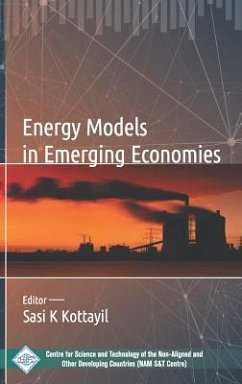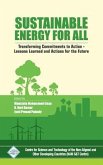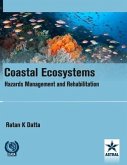Climate change is a big challenge to the mankind. It is well known that the earth's atmosphere is growing warmer due to Greenhouse Gas (GHG) emissions generated by human activity and extensive use of fossil fuels in every sphere of life which is leading to visible climate change across the globe and is also threatening to wipe out the human presence in many regions of the world. The 21st Conference of the Parties - COP21 - to the United Nations Framework Convention on Climate Change (UNFCCC) held in Paris in 2015 reaffirmed the target of keeping the rise in temperature below 2°C. Evolving Energy Models is about practice rather than theory, commencing with the information already possessed by the countries in climatically vulnerable systems such as agriculture, water resources, public health and disaster management, and aims at exploiting the existing synergies and intersecting themes. These Energy Models can be used by the countries to both evaluate and complement the existing planning processes to address climate change adaptations. In order to exhaustively deliberate on above issues, the Centre for Science & Technology of the (NAM S&T Centre) organised the 4th Triennial International Workshop on "Evolving Energy Models in Emerging Economies - COP 21" in Ahmedabad, Gujarat, India during 12-14 December 2016 in partnership with the Society of Energy Engineers and Managers (SEEM), India. As a follow up the papers submitted by the participants were compiled and have been brought out in the form of the present book, which has been edited by Dr. Sasi K Kottayil, President, Society of Energy Engineers and Managers (SEEM), India. The book contains 15 scientific / technical papers contributed by the experts from 10 countries. The book is expected to be of great value to the researchers, policy experts and technology service providers, business, civil societies and multi-lateral agencies amongst developing countries on ensuring universal access to modern energy services, financing their clean energy sources as well as taking measures of adaptation to the effects of global warming within the perspective of 'Emerging Energy Models' initiative.
Hinweis: Dieser Artikel kann nur an eine deutsche Lieferadresse ausgeliefert werden.
Hinweis: Dieser Artikel kann nur an eine deutsche Lieferadresse ausgeliefert werden.








